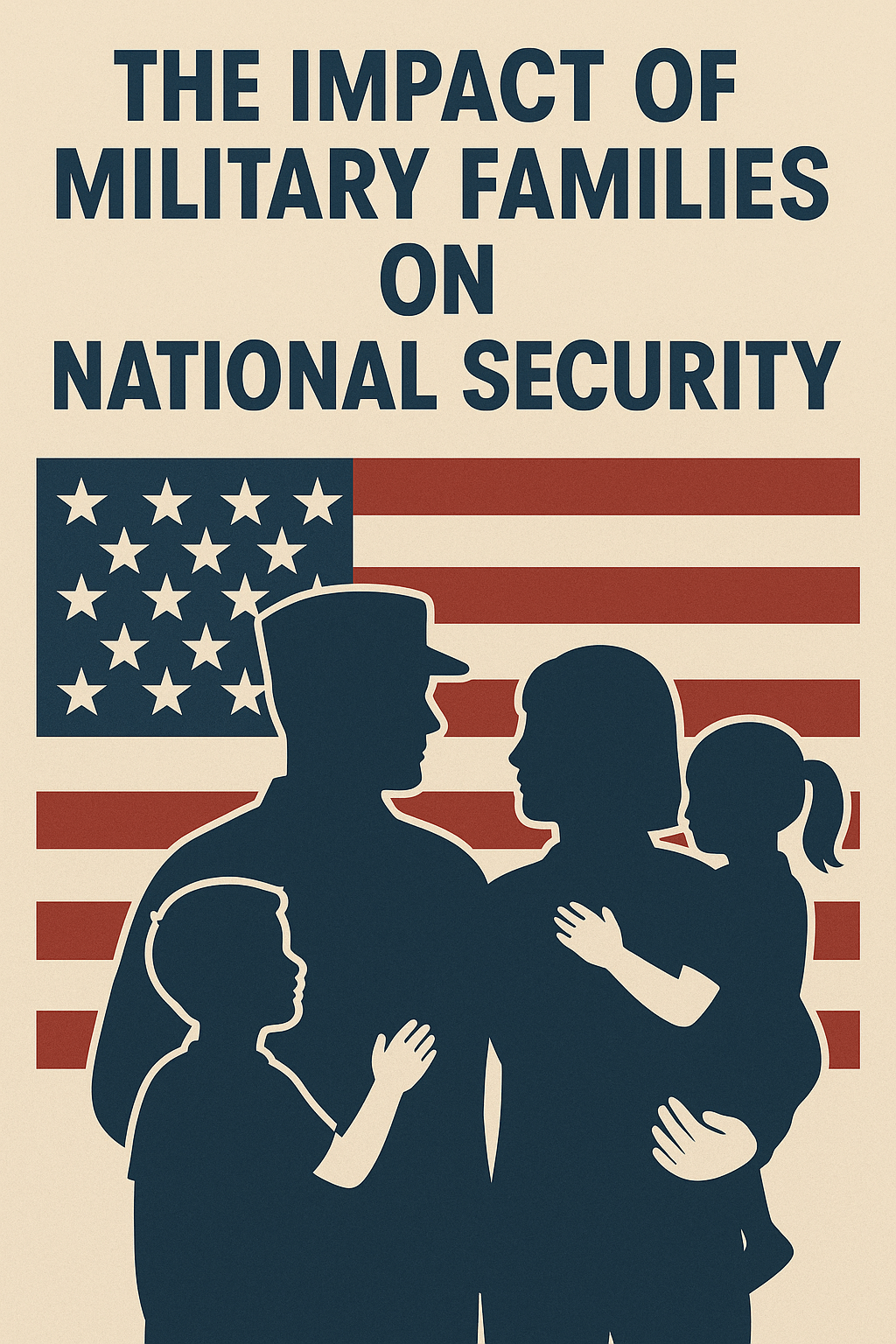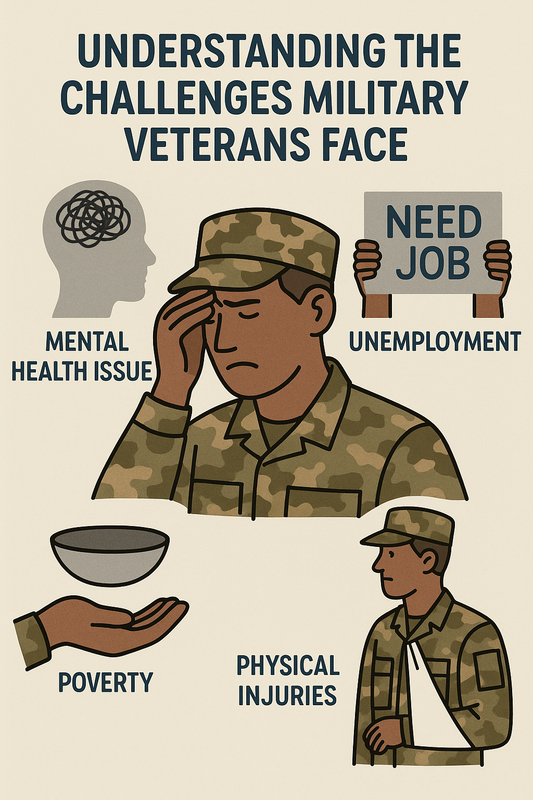
The Impact of Military Families on National Security
Frequently Asked Questions
1. What is the main role of military families in national security?
2. How do military families contribute to the emotional well-being of service members?
3. What challenges do military families face due to frequent relocations?
4. What types of support programs are available for military families?
5. How can civilians support military families in their communities?
National security is a complex tapestry woven from various threads: policy, strategy, intelligence, and resources. Yet, one crucial element often overlooked is the significant role of military families in this multifaceted equation. As we delve into the intricate relationship between military families and national security, we will explore their contributions, challenges, and the importance of supporting them.
The Backbone of Military Service
Military families are the unsung heroes who support service members through the arduous journey of military life. Their resilience, courage, and sacrifices are foundational to the operational readiness of the armed forces. Understanding their role is essential for grasping the overall picture of national security.
The Emotional and Social Support
Military families provide a critical support system for service members. When a soldier is deployed, it’s typically their family who holds down the fort, ensuring that day-to-day operations continue smoothly while also managing the emotional struggles that come with separation. The emotional well-being of military personnel has a direct correlation with their effectiveness in their roles. A strong support system provided by military families can lead to increased morale, better focus, and improved performance in stressful situations.
Bridging the Civil-Military Divide
Military families often serve as a bridge between civilian communities and the military. By sharing their personal experiences and educating the public about military life, they help reduce misunderstandings and foster respect. This makes them essential ambassadors in promoting national security awareness.
Advocacy for Veterans and Service Members
Many military family members actively advocate for the rights and benefits of service members and veterans. They work with organizations that lobby for policies that enhance care, education, and employment opportunities for those who have served. Their voices help shape policies that not only benefit military families but also contribute to the overall health and preparedness of national security.
The Challenges They Face
While military families provide immense support, they often face unique challenges that can impact their overall well-being. Understanding these challenges is vital for ensuring that they can continue to fulfill their roles effectively.
Frequent Relocations
Frequent moves can disrupt family life and create instability. These relocations often lead to challenges in employment, education, and socialization. Spouses frequently have to find new jobs, and children may struggle to adapt to new schools. The emotional strain of leaving friends, family, and familiar surroundings can weigh heavily on them.
Emotional and Mental Health Issues
The stress of military life can take a toll on mental health. Some family members may experience anxiety and depression due to the pressure of managing household responsibilities alone during deployments. It is essential to provide support resources such as counseling and community programs to help military families cope with these challenges.
Fostering Resilience through Support Programs
Recognizing the importance of military families, various support programs have emerged to assist them. These programs are designed to foster resilience and provide necessary resources.
Community and Social Support Initiatives
Community initiatives play a pivotal role in strengthening the bonds between military families and their civilian counterparts. Local organizations often hold events that bring military families together, allowing them to forge connections and share experiences. This social support network can ease the feelings of isolation that many military families face.
Employment and Education Resources
Programs that assist military spouses with job placement and education can dramatically change lives. Many military families find it challenging to maintain steady employment due to frequent relocations. However, educational resources that offer scholarships or training can empower spouses, allowing them to pursue careers that can enhance their family’s financial stability.
The Role of Medical Workers
Medical workers also play a crucial role in supporting military families. They provide essential health services and emotional support. Medical professionals trained in trauma and stress can help military families navigate the complexities of emotional and mental health challenges that arise from military service.
Healthcare Access and Advocacy
Access to healthcare can be a significant challenge for military families, especially if they move frequently. Medical workers are essential advocates for ensuring that families receive the healthcare they need, including mental health services. Advocacy efforts can lead to improved systems in place that benefit not just military families but the larger population as well.
Encouraging Community Participation
Engaging civilians in the lives of military families promotes understanding and support. Communities can play active roles in involving military families in social events, local organizations, and family days. This engagement not only reinforces the support system around military families but also enhances national security by creating educated and compassionate citizenry.
Volunteer Opportunities
Volunteering to support military families can range from assisting at community events to providing job training and mentoring for spouses. Many local organizations are always in need of volunteers to help execute programs that benefit these families. Your involvement can make a significant difference in their lives.
National Initiatives and Programs
Numerous national initiatives and programs are designed to support military families. From educational scholarships to mental health resources, a wealth of opportunities exists for these families.
Government and Non-Profit Organizations
Various government programs are in place to offer support. Similarly, many non-profit organizations are dedicated to providing assistance to service members and their families. These include initiatives focused on education, employment, mental health, and financial planning. Through these resources, military families can gain access to tools and information that empower them to thrive.
A Future Built on Solidarity
As we explore the impact military families have on national security, it becomes clear that their role is irreplaceable. By fostering an environment that provides the necessary support, we lay a foundation for lasting resilience. The dedication and sacrifices of military families deserve recognition and action. When we come together to support them, we strengthen not just our military’s backbone, but the fabric of our society itself.
In order to appreciate the multifaceted role military families play in maintaining our national security, we must first commit to understanding their struggles and triumphs. By doing so, we become not only informed citizens but advocates who work collectively towards a brighter future where our military families thrive and our nation remains secure.




